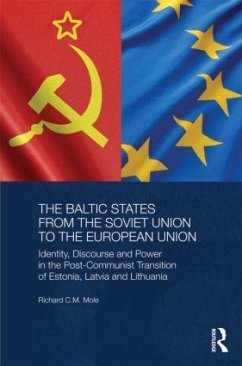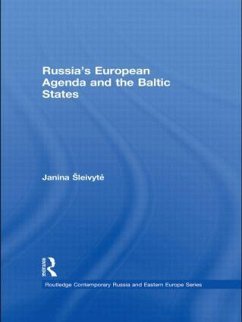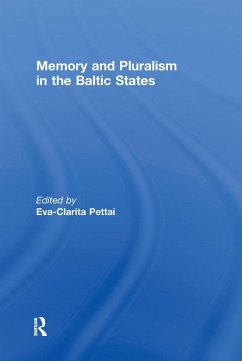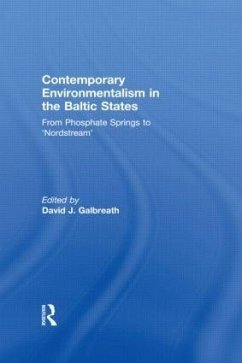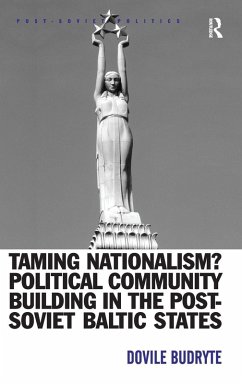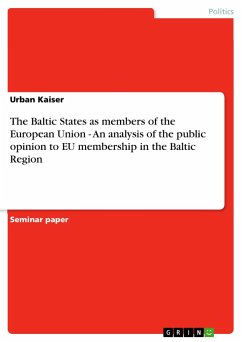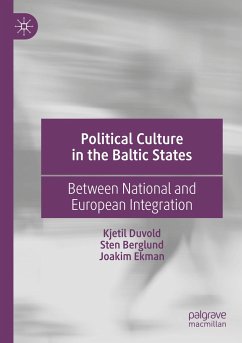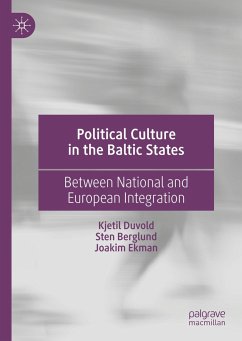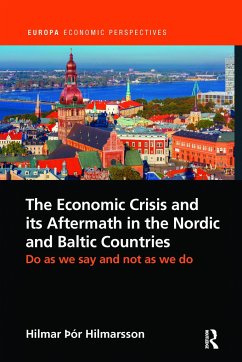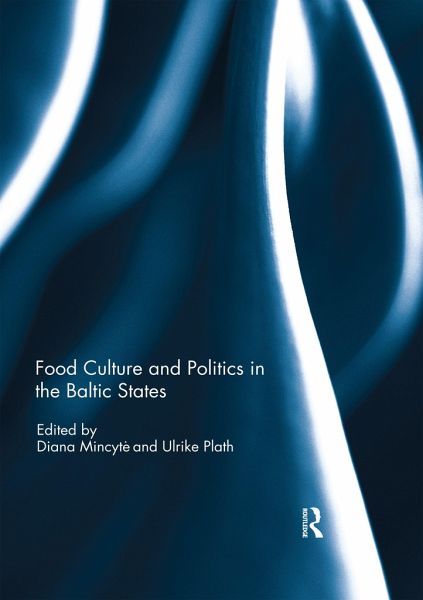
Food Culture and Politics in the Baltic States

PAYBACK Punkte
28 °P sammeln!
This book focuses on food culture and politics in three Baltic States: Estonia, Latvia, and Lithuania. In popular and scholarly writings, the Baltic states are often seen as a meat-and-potatoes kind of place, inferior to sophisticated cuisines of the West and exotic diets in the East. Such views stem from the long intellectual tradition that focuses on political and cultural centers as sources of progress. But, as a new generation of writers has argued, in order to fully grasp the ongoing cultural and political changes, we need to shift the focus from capital cities such as Paris, Berlin, Rome...
This book focuses on food culture and politics in three Baltic States: Estonia, Latvia, and Lithuania. In popular and scholarly writings, the Baltic states are often seen as a meat-and-potatoes kind of place, inferior to sophisticated cuisines of the West and exotic diets in the East. Such views stem from the long intellectual tradition that focuses on political and cultural centers as sources of progress. But, as a new generation of writers has argued, in order to fully grasp the ongoing cultural and political changes, we need to shift the focus from capital cities such as Paris, Berlin, Rome, or Moscow to everyday life in borderland regions that are primary arenas where such transformations unfold. Building on this perspective, chapters featured in this book examine how identities were negotiated through the implementation of new food laws, how tastes were reinvented during imperial encounters, and how ethnic and class boundaries were both maintained and transgressed in Baltic kitchens over the course of the twentieth and early twenty-first centuries. In so doing, the book not only explores culinary practices across the region, but also offers a new vantage point for understanding everyday life and the entanglement between nature and culture in modern Europe. This book was originally published as a special issue of the Journal of Baltic Studies.






